Indo German Business Culture – a field report by Abhinav Barnval

Even though I had been to Europe quite a few times during my stint as a Merchant Navy Officer, the decision to come to Germany wasn’t easy as it happened at a crucial time when I was planning a major career change and wasn’t sure if I would be able to fit in to the German culture, from both professional and social standpoint. This dilemma basically originated from the preconceived image which Germany has outside when it comes to social and business culture; but in hindsight I must say that not all those notions were right and I have learnt a great deal post my decision.
In last 5 years, I have been lucky enough to be exposed to multitudinous cultures within the companies I directly or indirectly worked for – American, corporate German, mid-size (MIttelstand) German or German business culture transitioning towards American one. This has not only bestowed me with a sense of global understanding when it comes to cultural differences at work place but has also shaped my ability to work with peers with different backgrounds. Although stereotyping a business culture is mostly not right as it really depends a lot on company culture, mix of people, location etc., but based on my professional experience till date, I will list a few notable differences between India and Germany.
Leadership & motivation
Leadership style in Germany is more dominant-warm or collaborative and easy going than Dominant-hostile or autocratic as we have in India. There is less micro management & more independence which stems out of high level of trust and makes the working environment much more relaxed. Indian work culture is much closer to American one when it comes to performance incentives – based on perks, promotions, competition, coercing etc, but in Germany, especially in MIttelstand, there is also a sense of belonging to the companies which adds onto the motivation.
Meeting deadlines
It’s a myth that deadlines are always met in German companies because of excellent efficiency – the reality, however, is that the deadlines are mostly set up very realistically. This also comes from the fact that it’s considered ok to say “No” to your superiors because you don’t see the possibility of completing a job in a given timeframe, whereas in India people say yes even to some impossible deadlines and later falter. Delays are still however an integral part of projects in Germany as much as anywhere else in the world.
Planning & Processes
In Germany, more emphasis is given on planning rather than execution which results into an efficient and robust process but with less agility. Whereas in India managers tend to move to execution part early and are open to improvisations, in between, to achieve results. This also relates to the inherent fact that Germans tend to be less flexible than Indians, especially in situations when things don’t go as planned.
“I/me/you” vs. “We/Us’’ culture
In German companies, people don’t generally hide information or take credit for someone else’s work for personal benefits and don’t usually finger point someone as an escape goat, unless we are talking about big MNC’s. In India, however the competitive landscape that has been created inside the companies drives individual behavior in the opposite direction. The collaborative work culture works much better in Germany than in India where the flow of communication isn’t as fluid as in Germany. Upper management level is much more open and closer to the lower management level.
Work life balance
This is one point in my opinion where Germany (and most European countries) wins hands down over India. Much emphasis is given to personal life as well and it’s a very common sight to see people leaving the office after 5 pm on workdays or even after 3 pm on Fridays. The “I can’t leave before my boss” culture is almost nonexistent here and emphasis is given on finishing your job within stipulated working hours rather than spending long hours in office.
Structures
German Companies tend to have very flat hierarchies and an employee, even though good at his/her work, can spend years in the same position. However in India It’s common to find creative positions with fancy titles being created to satisfy personal egos as success is mostly associated to job titles, education level, and salaries. These aspects take a back seat in Germany because the idea and acceptance of socialism is stronger over capitalism.
Hard working?
Germans are usually perceived to be hard workers as compared to Indians. It’s not completely true. The reality however is that Germans are more efficient at work because of the focused and diligent approach during work hours. Coffee or smoking breaks exists but are not abused. There is generally no ‘’dangling around the colleague’s desk’’ unless it’s for work related discussions.
Before I conclude, I must say that the first and foremost thing which is important to integrate into new culture is to adapt and be open to new ideas and notions which might be very different or sometimes even opposite to yours. My first advice to an Indian (or any immigrant in Germany) going for initial job interview or to a job is – make your team feel like you are one person with whom they would feel comfortable and gladly have a coffee by the coffee machine with some nice & clear conversation and probably some gossips as well (Yes, office gossips and politics exist in Germany as well, though probably not at the same level as in India!) , and rest all will fall into place if you are a fit and deserve the job.
Author: Abhinav Barnwal
Picture: pixabay
Episode 3/21: Wisdom Workshop Chapter 3 “Choice”
“Everything in your life is a reflection of a choice you made. If you want a different outcome, make a different choice.” – Unknown
This chapter is the last with our wonderful Julia Hayden, who has decided to focus on her vocation of “body whispering” and helping her clients get better connected with themselves.
And that’s what this chapter is all about. Whatever choice you make, stick with it. Give that choice a chance to thrive. Who do you want to be around with? What do you occupy yourself with throughout the day? What am I eating today or reading or watching TV?
I have decided to continue with the Wisdom Workshop podcasts. Julia, thank you for the wonderful time we have had together in our interviews and sharing of ideas. It has been very inspiring and I have learned a lot from you as well.
With a deep bow.
Episode 02/21: The Wisdom Workshop Chapter 02 „Leadership in the Future“
In today’s chapter we discuss about what skills and thoughts do leaders need in future?
Mindsets of the last century cannot bring solutions for the future. How can mindsets be formed that support future developments and that include complex crisis that humanity is going to face e.g. climate change in which we are already in? It is actually simple, because indigenous people live accordingly. What can we learn from them?
Watch this video and enjoy our conversation.
Episode 1/21: The Wisdom Workshop Chapter 1/21 “We are many. Whom do we identify with?”
“The Fall, a time when the illusion of the Maya fades away, a freedom from the identification with the illusory persona. For as the trees let go of their leaves to embrace the new season each year, there is no need to fight the shadows that form the illusion or the masks that form our egoic personas, but rather enjoy the illusion for what it is and find the freedom to accept and play a role outside of identification.” ― Virgil Kalyana Mittata Iordache
We do identify ourselves with that what we have achieved, what we have gathered or bought. We identify ourselves through our roles. We have actually lost the deeper connection to love, knowledge and order. By losing this we lost connection to our infinite resources.
We shall not forget that there are infinite resources. Per definition, an infinite resource doesn’t become less, because we use it.
Episode 25: The Wisdom Workshop Chapter 9 Retrospection 2020 (in German with subtitles in English)
Julia and I look back on an eventful year 2020. We share our personal impressions in this corona time and talk about what the episodes and the different interviews have touched, inspired and made us think in which way. Stay healthy and we look forward to a happy reunion in 2021.
Enjoy watching or listening to our conversation.
Episode 24: Die Weisheitswerkstatt über “Wuwei – Flow” Interview mit Andreas Andy Artmann
Der Begriff Wu wei, auch Wuwei stammt aus dem Daoismus. Er wird definiert als Nichthandeln im Sinne von eines naturgerechten Handelns. Wu Wei bedeutet nicht, dass man gar nicht handelt, sondern dass die Handlungen spontan in Einklang mit dem Dao entstehen. Dadurch wird das Notwendige leicht und mühelos getan und sowohl Übereifer, als auch blinder Aktionismus (die als hinderlich betrachtet werden) vermieden. Es ist ein Zustand der inneren Stille, der zur richtigen Zeit die richtige Handlung ohne Anstrengung des Willens hervortreten lässt. „Wu-Wei meint im Kern, Handlungen an der Natur der eigenen Individualität auszurichten, anstatt am rein kognitiven, nutzen orientierten Willen.“
Viel Spass beim Zuhören oder anschauen des Videos. Andreas‘ erfrischende und leichte Art macht Freude.

